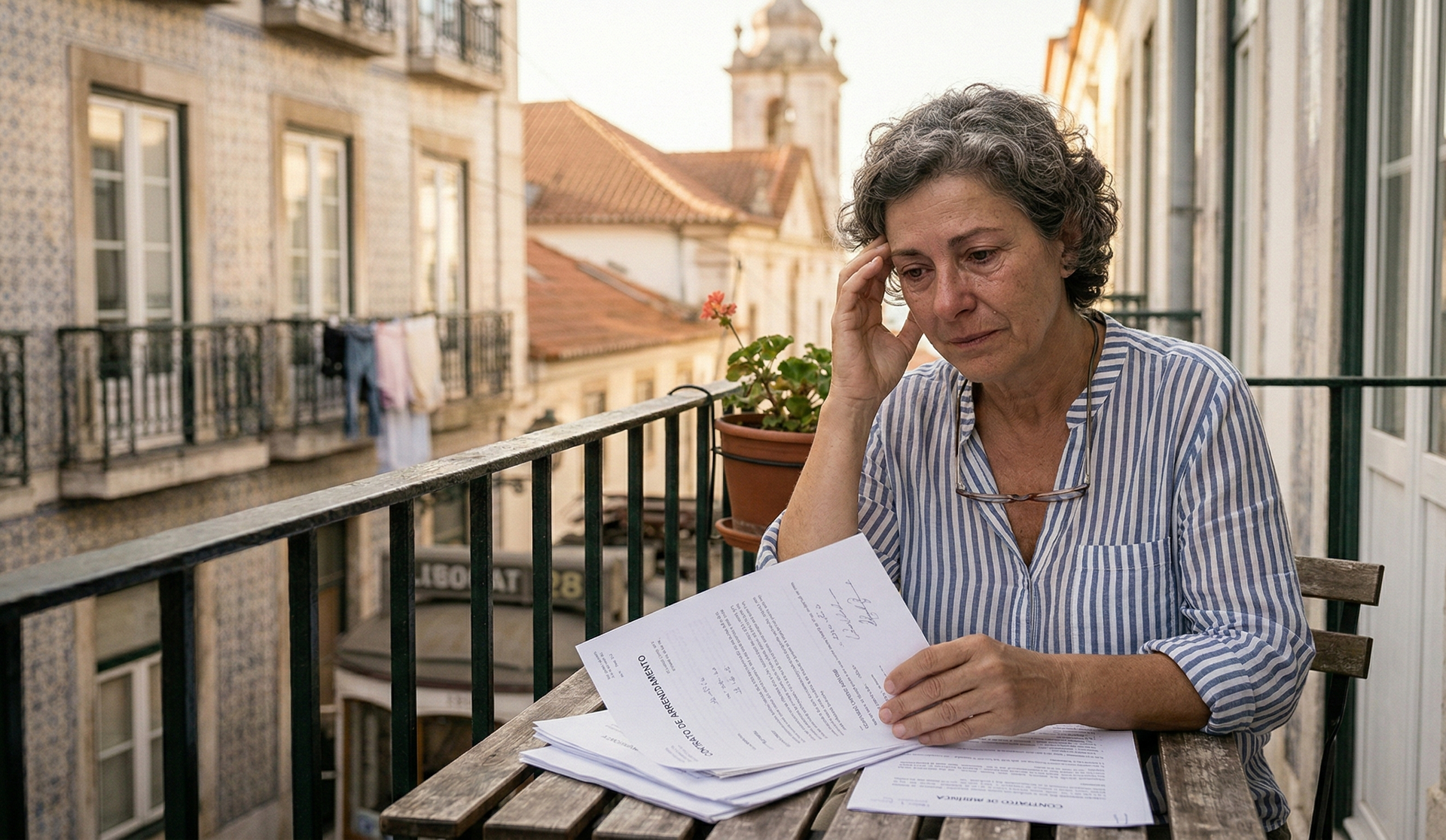Investment Funds and the path to obtain residence permit in Portugal
In these pandemic times in which travel restrictions are the general rule, active investors have been looking into options that allow them to invest without travelling, quarantines and PCR tests.
In Portugal, our firm has been noticing the raise in the number of investors interested in the Investment Fund for the purpose of the residence permit through investment, more commonly known as Golden Visa.
The Golden Visa is a Portuguese successful residence programme through investment, in which holders can obtain a temporary residence permit with no need for a visa to enter Portugal, neither to travel in the Schengen area.
This is what the law now states regarding the investment funds as an eligible type of investment:
Capital transfer in an amount of € 350,000 or superior, intended for the acquisition of investment units in investment funds or venture capital funds dedicated to the capitalisation of companies, which are incorporated under Portuguese legislation, whose maturity, in the time of investment, is at least five years and at least 60% of the investment catalogue based in the national territory.
In the meantime, the Portuguese Government published on 12th February the new rules regarding the Portuguese Golden Visa. These rules will only come into force on January 1st 2022.
The legal changes will not only affect the real estate investment for residential purposes, as this type of investment will be limited to low density areas of the country, but the investment funds option will also suffer some changes.
The new rule will be as follows:
Capital transfer in the amount equal to or greater than €500,000, intended for the acquisition of investment units in investment funds or venture capital funds dedicated to the capitalisation of small and medium-sized companies that, for that purpose, present the respective capitalisation plan and the same proves to be viable.
There are two important notes to keep in mind. The first is that all the Golden Visa applications submitted until the 31st December 2021 will benefit and be granted under the current rules, which means that the above-mentioned changes will be applicable only to investors and respective families who submit their application after the new Decree-Law comes into force.
The second one is especially for investors that prefer to wait after the new rules come into force. Although the amount is a bit higher, this is an indirect path to invest in real estate for residential purposes, in higher density areas, through the fund, where it was previously prohibited. This investment option is a way to go around the future forbidden investment in real estate, that will be limited from January 2022 onwards, transferring the investment from the personal sphere to the investment fund.
Madalena Viana Pedreira
Lawyer











